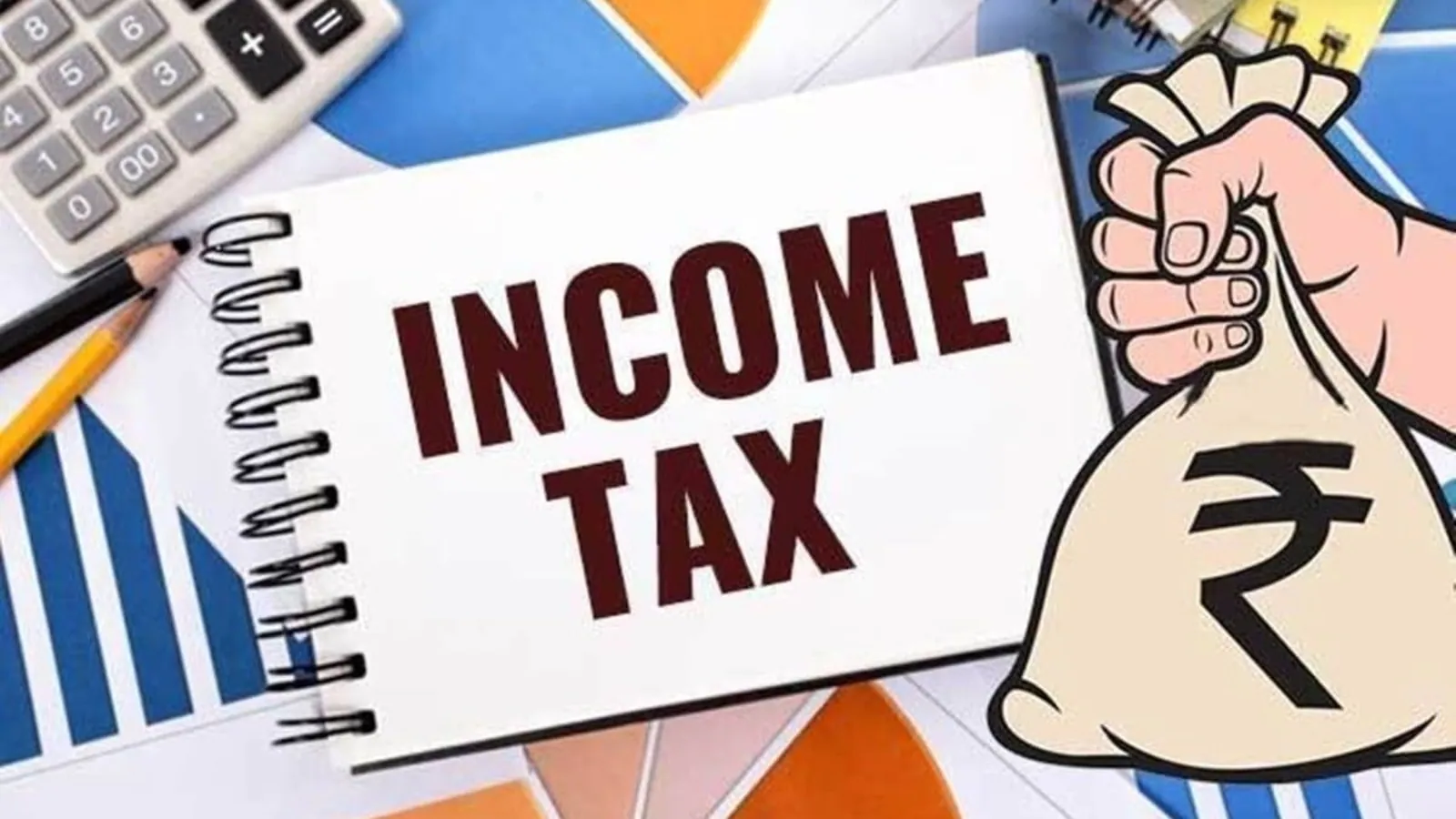India is considering a proposal to reduce income tax for individuals earning up to Rs 15 lakh ($17,590) annually in the upcoming February budget, aiming to provide relief to the middle class and stimulate consumption amid a slowing economy, according to two government sources who spoke with Reuters.
This move could benefit millions of taxpayers, especially in urban areas where high living costs are a concern, particularly if they opt for the 2020 tax system, which eliminates exemptions like those for housing rentals.
Under the 2020 tax regime, incomes ranging from Rs 300,000 to Rs 15 lakh are taxed at rates between 5% and 20%, with higher incomes taxed at 30%. Taxpayers can choose between two tax schemes: the traditional one, which allows various exemptions, and the newer, simplified system that offers slightly lower tax rates but removes most major exemptions.
The sources, who spoke anonymously because they were not authorized to discuss the matter publicly, stated that the specifics of any tax cuts have not yet been determined. A final decision will likely be made closer to the February 1 budget announcement.
The finance ministry has yet to respond to requests for comment.
Although the sources did not disclose the potential revenue loss from the tax cuts, one mentioned that reducing tax rates could encourage more taxpayers to opt for the simplified system, which is easier to navigate.
India’s income tax revenue predominantly comes from individuals earning at least Rs 1 crore, who are taxed at 30%.
Putting more money into the hands of the middle class could help boost the economy, which grew at its slowest pace in seven quarters from July to September. High food inflation is also straining demand for a range of goods, from everyday items like soaps and shampoos to bigger purchases like cars and motorcycles, especially in urban areas.
The government is also facing political pressure from the middle class over high tax burdens, particularly as wage growth lags behind inflation.


















